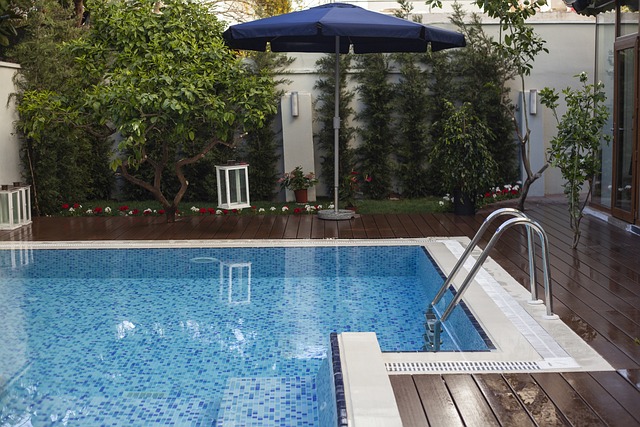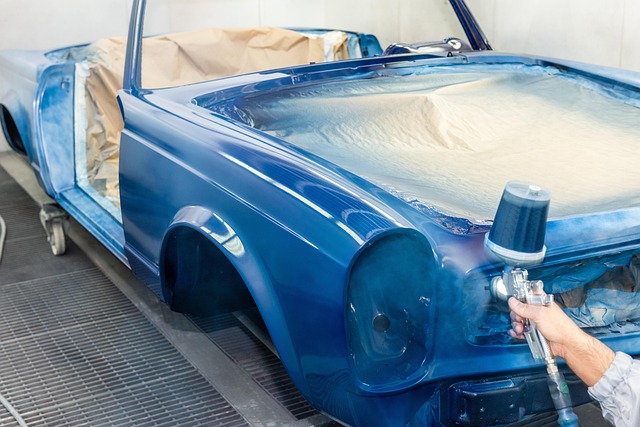Prefab Pools Installation: Complete Guide for Homeowners
Prefab pool installation involves assembling pre-manufactured sections, allowing faster setup than traditional pools. Available in various shapes and sizes, prefab pools offer a balance of durability and efficiency for homeowners seeking outdoor leisure options.

What Are Prefab Pools and Their Installation Requirements?
Prefab pools are pre-manufactured swimming pools built in controlled factory environments before being transported and installed at the customer’s location. These pools come in three primary materials: fiberglass, vinyl liner, and steel or aluminum frames. The installation process typically requires professional excavation, proper ground preparation, plumbing connections, and electrical work to ensure safety and functionality.
The installation timeline for prefab pools generally ranges from one to three weeks, depending on the pool type and site conditions. Fiberglass pools often install fastest since they arrive as complete shells, while vinyl liner and frame pools require more on-site assembly. Local building permits are typically required, and homeowners should verify compliance with local zoning regulations and setback requirements before beginning installation.
Prefab Pools Installation Guide: Step-by-Step Process
The prefab pools installation guide begins with site evaluation and preparation. Professional installers assess soil conditions, drainage requirements, and access routes for heavy equipment. Excavation follows precise measurements to accommodate the pool dimensions plus additional space for backfill materials and proper grading.
Foundation preparation involves creating a level base using sand or gravel, ensuring proper drainage around the pool perimeter. For fiberglass pools, the shell is carefully positioned using cranes, while frame pools require assembly of structural components before liner installation. Plumbing and electrical connections are installed according to local codes, including filtration systems, lighting, and safety equipment.
The final installation steps include backfilling around the pool structure, installing decking or coping materials, and completing the water circulation system setup. Professional installers conduct thorough testing of all systems before filling the pool and balancing water chemistry for first use.
Types of Prefab Pools Available for Installation
Fiberglass prefab pools arrive as complete molded shells manufactured in standard shapes and sizes. These pools offer smooth surfaces that resist algae growth and require minimal maintenance. Installation is typically faster since the shell simply needs positioning and connection to utilities, though customization options are limited to available molds.
Vinyl liner prefab pools use steel, aluminum, or polymer wall panels with custom-fitted vinyl liners. These pools offer more flexibility in shapes and sizes while maintaining cost-effectiveness. The installation process involves assembling the wall structure, installing the liner, and ensuring proper tension and fit.
Above-ground prefab pools provide the most budget-friendly option with simpler installation requirements. These pools use metal or resin frameworks with vinyl liners and can often be installed without extensive excavation, though they may require ground leveling and preparation.
| Pool Type | Installation Time | Cost Range | Key Features |
|---|---|---|---|
| Fiberglass | 1-2 weeks | $45,000-$85,000 | Smooth surface, low maintenance, limited shapes |
| Vinyl Liner | 2-3 weeks | $35,000-$65,000 | Customizable shapes, cost-effective, periodic liner replacement |
| Above-Ground | 1-3 days | $3,000-$15,000 | Quick installation, removable, limited depth options |
Prices, rates, or cost estimates mentioned in this article are based on the latest available information but may change over time. Independent research is advised before making financial decisions.
Installation Costs and Factors Affecting Pricing
Prefab pool installation costs vary significantly based on pool type, size, site conditions, and regional labor rates. Total installation expenses include the pool structure, excavation, utilities connections, permits, and finishing materials. Additional costs may arise from challenging soil conditions, limited equipment access, or extensive utility relocations.
Site preparation represents a major cost factor, particularly for properties with rocky soil, high water tables, or significant slopes. Professional excavation typically ranges from $5,000 to $15,000 depending on pool size and soil conditions. Electrical and plumbing connections add $3,000 to $8,000 to installation costs, including GFCI protection, proper grounding, and circulation system setup.
Finishing materials such as decking, coping, and landscaping significantly impact total project costs. Basic installations may include minimal decking, while comprehensive projects incorporate extensive hardscaping, lighting, and water features that can double the overall investment.
Maintenance and Long-Term Considerations
Prefab pools require regular maintenance regardless of installation type, though specific requirements vary by material. Fiberglass pools generally need less frequent cleaning due to their smooth surfaces, while vinyl liner pools require careful handling to prevent punctures or tears. All prefab pools need proper water chemistry management, filtration system maintenance, and seasonal preparation.
Professional maintenance services are available in most areas, typically costing $100 to $300 monthly depending on service level and pool size. Many homeowners choose to handle basic maintenance tasks while relying on professionals for equipment servicing, seasonal opening and closing, and major repairs.
Long-term considerations include equipment replacement, surface refinishing, and potential structural repairs. Fiberglass pools may require gel coat renewal every 10-15 years, while vinyl liners typically need replacement every 8-12 years depending on usage and care.
Prefab pools installation provides homeowners with efficient access to swimming pool ownership while offering various options to match different budgets and preferences. Proper planning, professional installation, and regular maintenance ensure years of enjoyment from these valuable home additions. The streamlined installation process and predictable costs make prefab pools an attractive alternative to custom construction for many homeowners seeking to enhance their outdoor living spaces.




